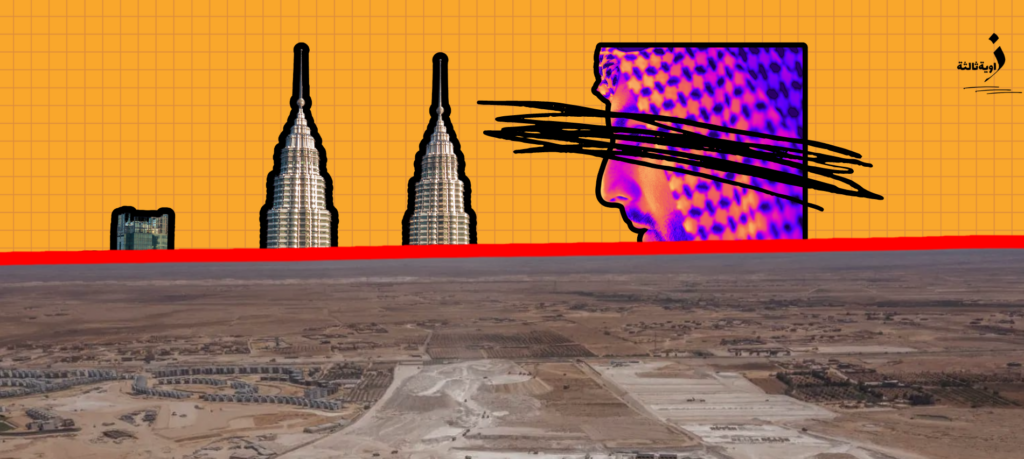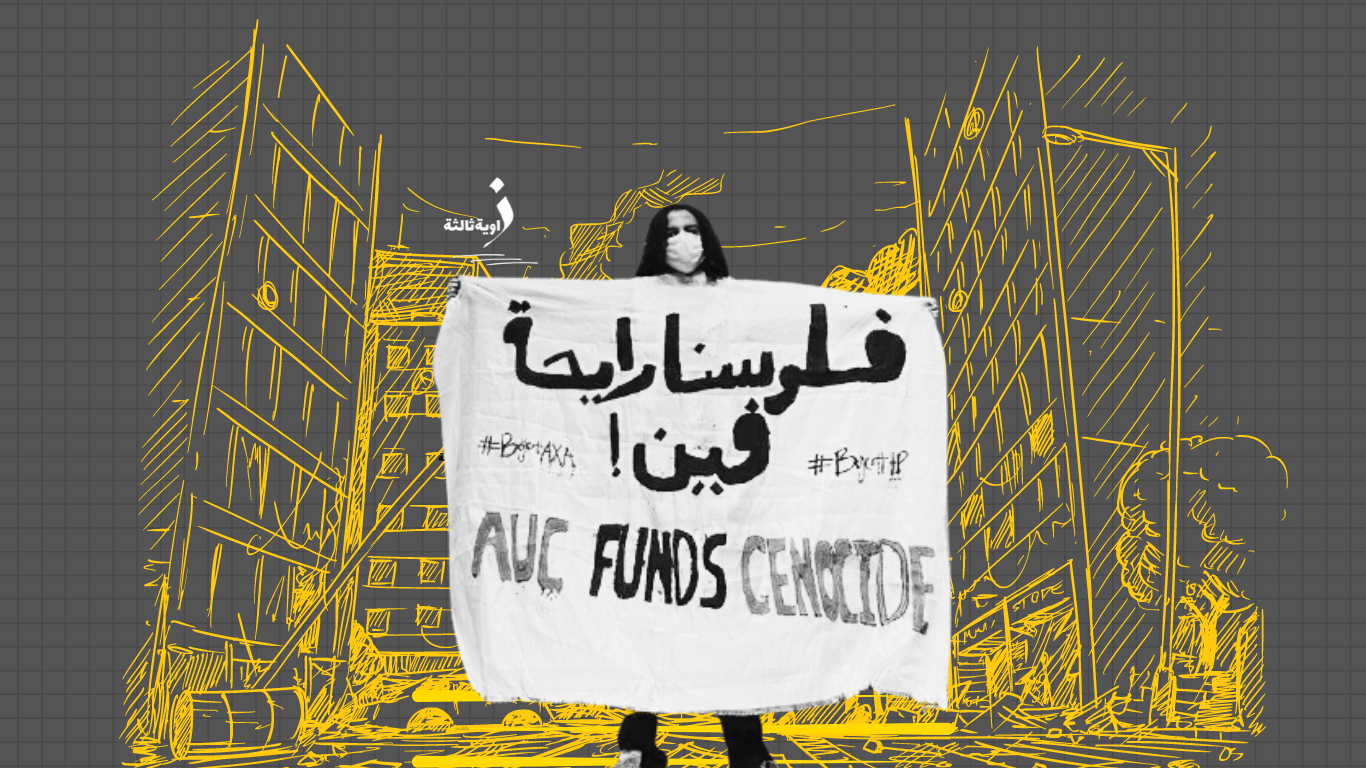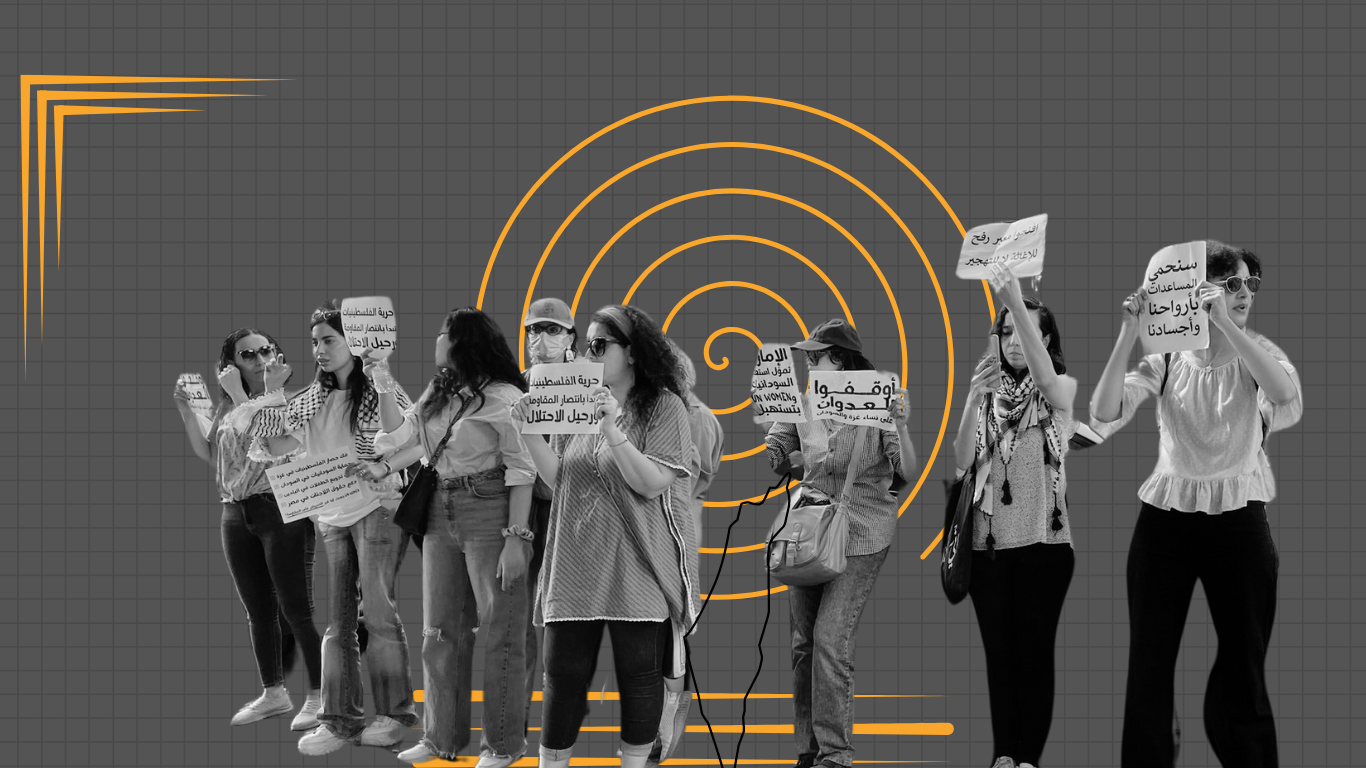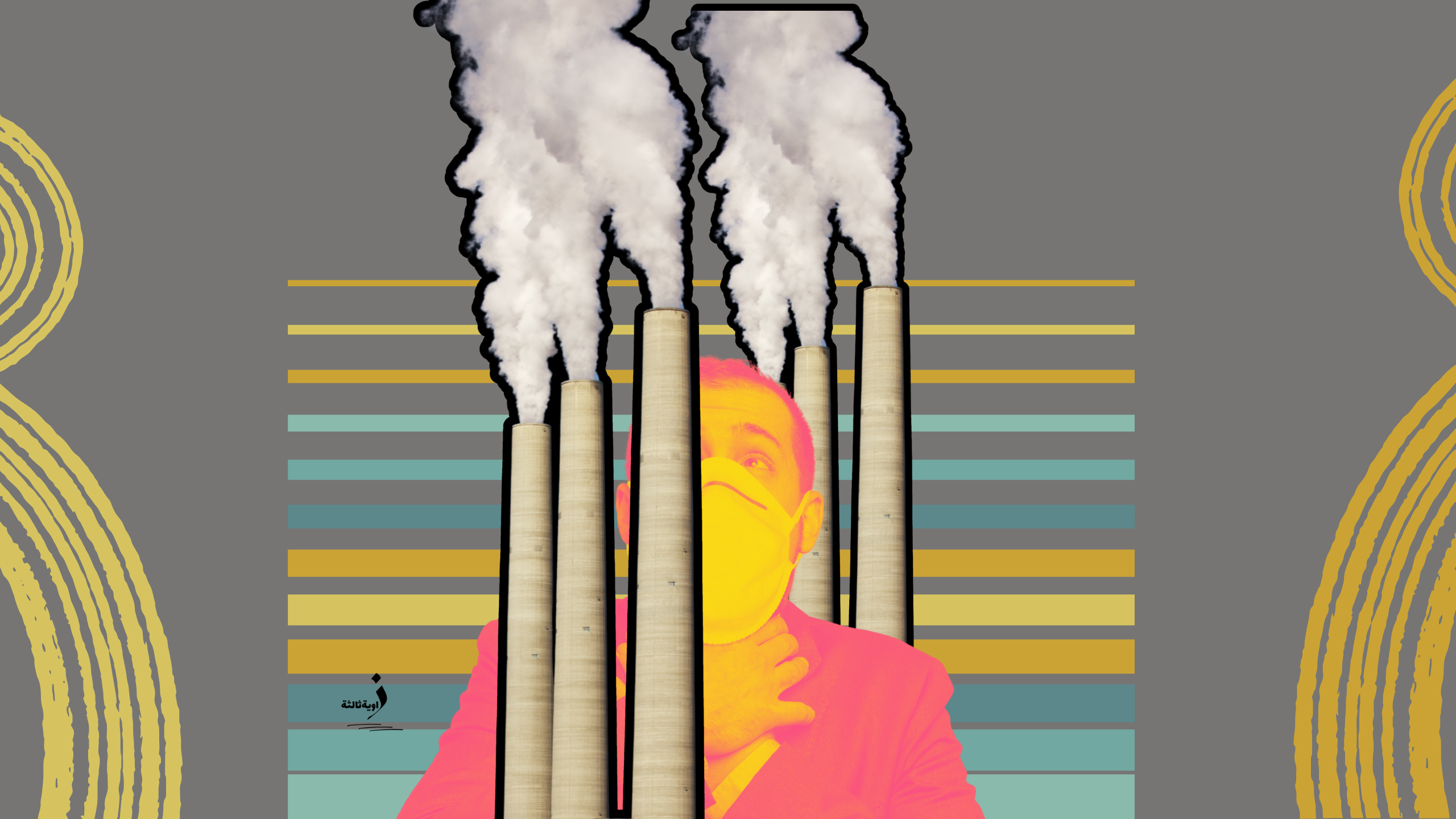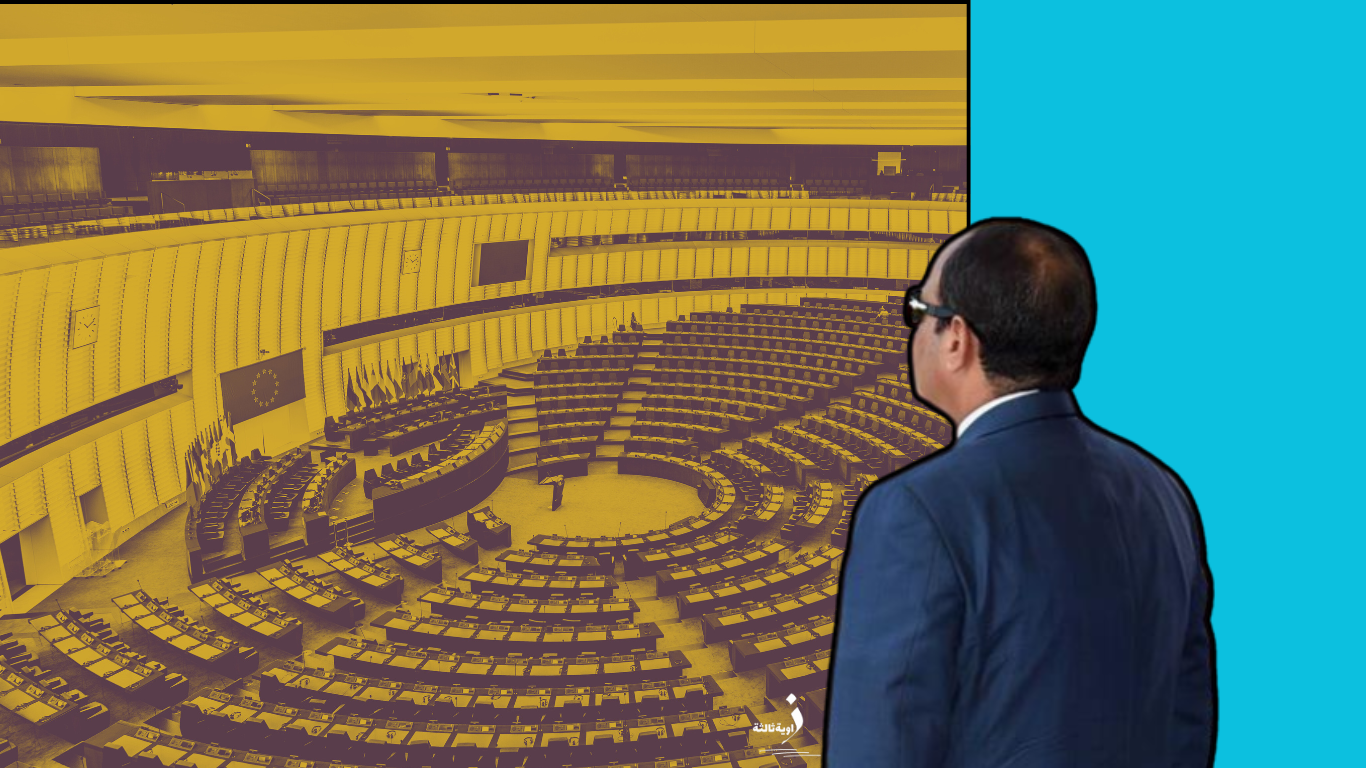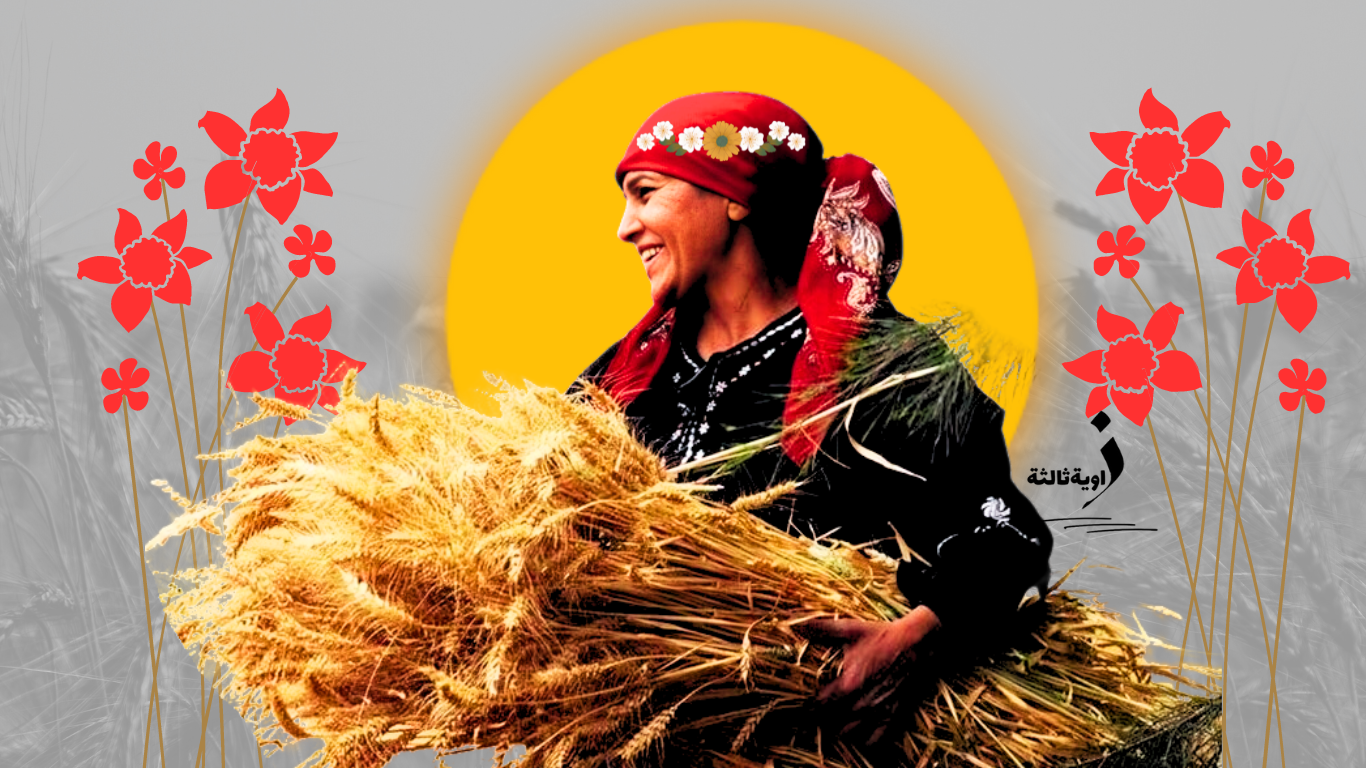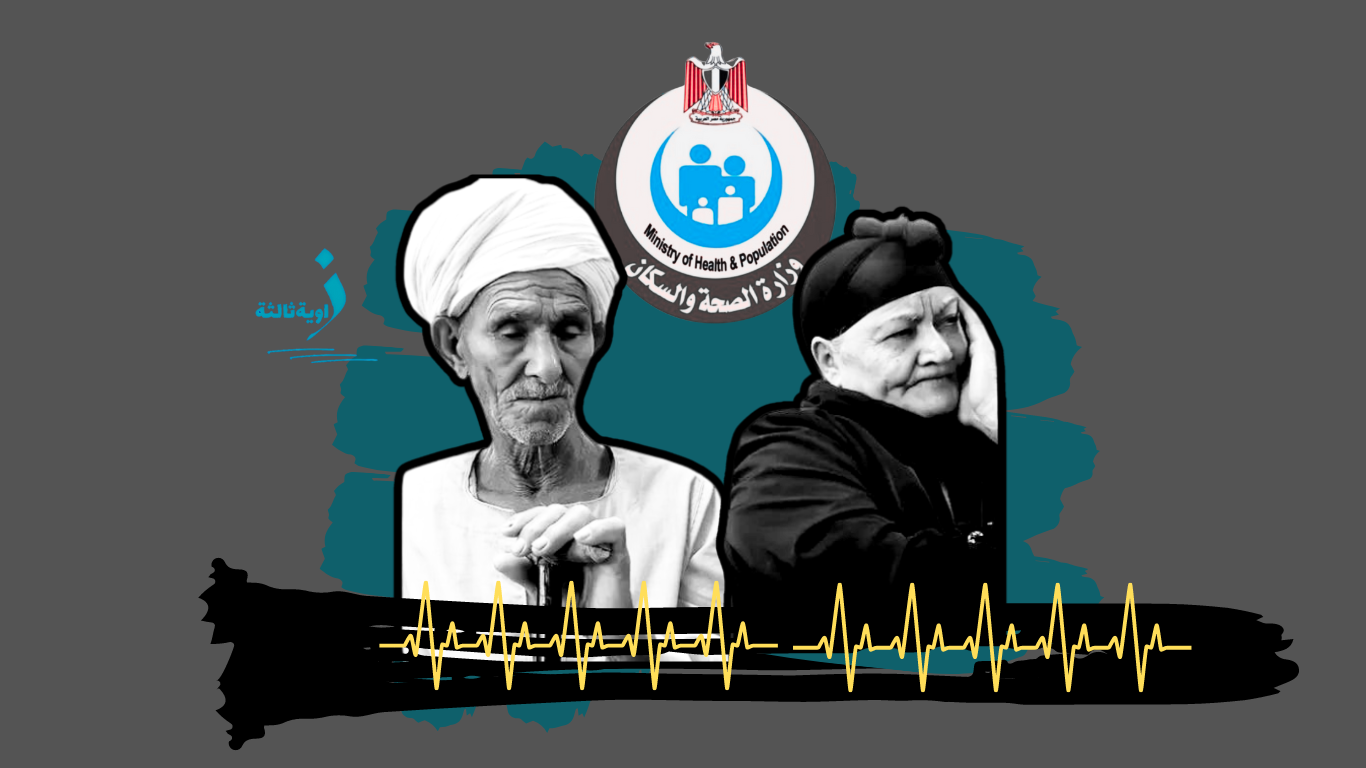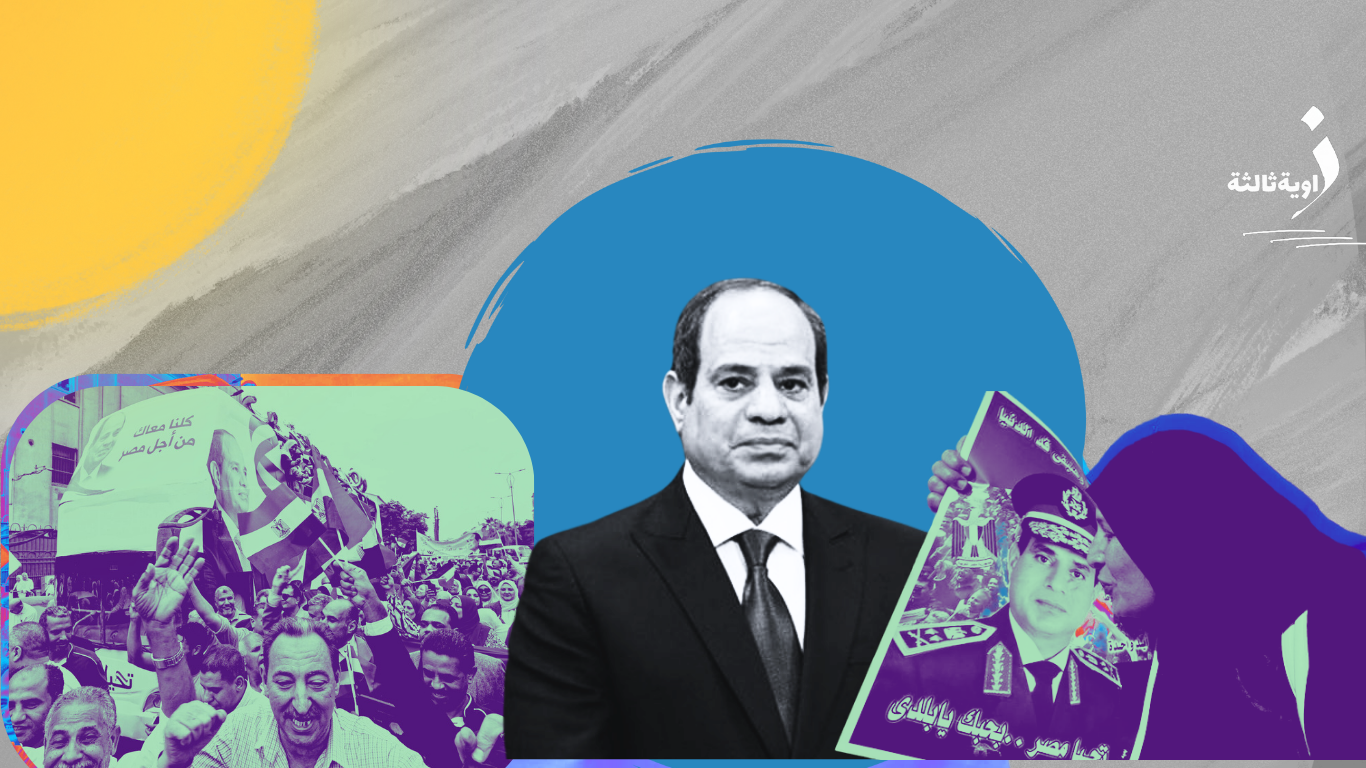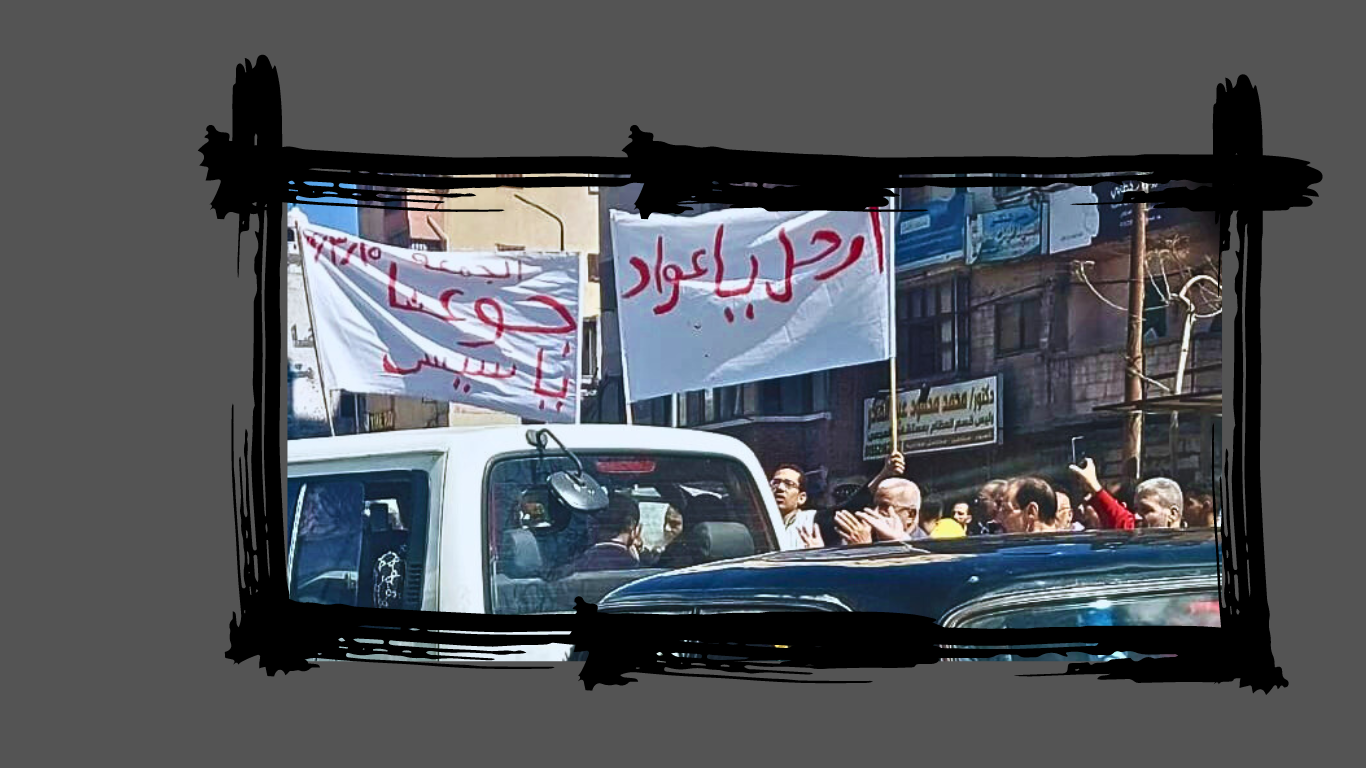In August 2018, the United Nations Habitat (UN-Habitat) and the Public Authority for Urban Planning and New Urban Communities signed a contribution agreement and announced the launch of the new “Ras Al-Hikma” city project in Egypt. Egyptians were unaware of the deal until early February when unverified leaks surfaced, suggesting a possible sale of the entire city for $22 billion to a consortium of Emirati investors led by Emirati sovereign entities, while Egypt retains 20% ownership of the city.
The circulating leaks caused significant confusion among the Egyptian public, especially due to the lack of information from the executive authority, which did not officially confirm or deny the sale until two days after information about the deal began circulating. Some official sources later appeared in television and journalistic interventions, denying the intention of Cairo to sell Egyptian lands to foreigners but also hinting at possible investments in the coastal city without providing further details.
Egyptians remained in a state of uncertainty between denial and confirmation until the first official confirmation came on February 7th from Hossam Heiba(1), the CEO of the General Authority for Investment and Free Zones, a state-run entity. He explained that the Cairo government had indeed decided to launch an extensive investment plan in the city. He clarified that they had received offers from several international investment alliances, and an Emirati alliance was chosen to implement, develop, and manage the project. He also indicated that the initial investments for the project could exceed $22 billion, going to the Egyptian Central Bank’s treasury and not injected all at once (possibly over seven years, as later suggested by multiple government sources).
The announcement by the head of the investment authority seemed to have sparked anger within government circles. The Prime Minister, Mostafa Madbouly, confirmed the day after the initial statement that only the Cabinet is authorized to announce details of major investment projects. He added that these projects “will achieve a qualitative leap and multiple benefits for the Egyptian state” without specifying the projects or mentioning specific investors.”
![]()
What we know about the city of Ras Al-Hikma
|
“Ras Al-Hikma” is a village affiliated with the city of Marsa Matrouh in the Matrouh Governorate. According to the Central Agency for Public Mobilization and Statistics in 2023, the governorate’s population is approximately 538,546 citizens. However, official reports do not specify the population of Ras Al-Hikma. According to interviews conducted by “Zawia3,” the estimated population is around 25,000 indigenous residents, in addition to a few thousand from neighboring provinces and villages in Alexandria and Matrouh who engage in permanent or seasonal agricultural or tourism activities. |
The city is located on the northeast coast of Marsa Matrouh, about 85 kilometers away from the governorate, and 138 kilometers east of the New Alamein City. The “Ras Al-Hikma” bay extends from the Dabaa region at kilometer 170 on the western coastal road to kilometer 220 in Matrouh. It is approximately 350 kilometers (217 miles) northwest of the capital, Cairo, covering an area of over 180 square kilometers.
By the year 2050, according to Egypt’s 2050 strategy, it is expected that nearly 143 kilometers of the region will be developed. The state has allocated a 5.4-kilometer stretch for a multi-use building area, planning to construct around 10,652 residential units and 50 tourist hotels. Additionally, 7.3 kilometers are designated for the development of urban communities with a variety of activities that can be privatized.
According to the official map of Egypt’s projects, a massive tourist project is planned for the city. A presidential decree in 1975 ordered the evacuation of the city, covering an area of 55,000 acres – the designated area for the new investment project. At that time, officials were unable to implement the decision. The site indicates that President Abdel Fattah El-Sisi is responsible for executing the project.
According to the website, the 1970s project has resurfaced, and the authorities have begun attempting to force residents to leave their homes and evacuate their lands, causing a lot of dissatisfaction, especially as officials have not provided suitable alternatives.
|
The lands of “Ras Al-Hikma” are now under the jurisdiction of the Touristic Development Authority of the Ministry of Tourism, allocated to the Urban Communities Authority, the Armed Forces, and the Ministry of Transportation. According to Presidential Decree No. 226 of 2023, a new urban community called the New Ras Al-Hikma City is to be established on an area of 40,697.59 acres of state-owned private property in Matrouh, symbolized by (A). The decree specifies that part of the area is allocated to the Armed Forces (A), transferred from the lands allocated to the New Urban Communities Authority. Another part, symbolized by (B), covering 1,499,089 acres, is allocated to Matrouh Governorate. A space of 20,128.51 acres, symbolized by (C), is allocated to the Armed Forces, while areas of 2,421.85 acres, symbolized by (D), are designated for the use of the fast electric train route. Additionally, an area of 111.88 acres, symbolized by (H), is allocated for the establishment of the Ras Al-Hikma station for the fast electric train. Finally, an area of 25.47 acres, symbolized by (W), is designated for the construction of the Ras Al-Hikma station for the diesel train, all assigned to the Ministry of Transportation. |
According to the Governor of Matrouh, the affected residents will be compensated by building a comprehensive residential city, providing each affected person with an alternative house or suitable financial compensation, despite their lack of entitlement and the absence of documents proving their land ownership, according to the governor.
According to available data from local and international sources, the United Arab Emirates is in talks to purchase and develop a large piece of land on the Mediterranean coast in Ras Al-Hikma City. An Emirati alliance has already been selected to work with Egyptian partners to develop the project. The Emirati investor, Mohamed Alabbar, the founder of Emaar, is said to represent the UAE and head the alliance. The Egyptian government describes the deal as one that “could enhance the country’s troubled economy.” The Emirati alliance is expected to own approximately 80% of the city, while the Egyptian alliance/government will own only about 20%, according to a report by the American Bloomberg agency.
A leaked audio clip circulated on February 2nd on the social media app TikTok, attributed to the Egyptian media personality Khairy Ramadan – the authenticity of which has not been confirmed. In the clip, he provides information about the deal, claiming that during a private meeting with the second most important figure in Egypt, it was mentioned that $100 billion would be injected into Egypt soon, with $42.5 billion for an investment project in Ras Al-Hikma City. He states that the investors intend to execute the project over ten years, but President Sisi insisted on completing it within a maximum of seven years. He also mentions the names of the partners who will implement the project, including Talaat Moustafa Group, Orascom (owned by the Sawiris family), and references to Egyptian businessman Mahmoud El-Gamal (father of Khadija El-Gamal, the wife of Gamal Mubarak), Egyptian businessman Hassan Allam, and the global companies Google and Amazon. He confirms reaching out to Mahmoud El-Gamal, verifying the information.
![]()
Why the deal?
Egypt has been experiencing an increasing foreign exchange crisis since 2016, undergoing multiple devaluations of the local currency due to conditions imposed by the International Monetary Fund (IMF) in exchange for loans granted to the Cairo government.
The government believes that increasing the inflow of foreign currency into the Egyptian market through foreign/strategic investors could present a positive image, improving its standing with the IMF. This qualification would enable successful negotiations for a loan guaranteeing financing ranging from seven to ten billion dollars. Cairo is set to repay part of its external debt this year, which, as of the end of June last year, amounted to approximately $165.3 billion. The Cairo government aims to settle around $29.2 billion, equivalent to about 17.6% of the total external debt commitments this year, representing one-fifth of the total debt due, according to central bank estimates. The bank increased its estimates for the value of debts and their due interest for 2024 to $32.7 billion at the end of last year. The recent estimates include interest payments amounting to $6.85 billion and debt installments totaling $25.86 billion. Approximately $16.902 billion of this is expected to be repaid in the first half of this year, with the remaining $15.89 billion to be settled in the second half.
Goldman Sachs estimates that Cairo will face a funding gap of around $11 billion until 2028. This necessitates the government’s serious commitment to implementing government offerings, selling parts or all of its shares in assets to inject foreign currency into the Egyptian market and the central bank. This is crucial, especially given the economic indicators pointing to a slowdown in Egypt’s economic growth rate during the first quarter of the current fiscal year, reaching 2.65%, compared to 4.4% in the same quarter of the previous year (2022-2023), according to data from the Egyptian Ministry of Planning. The government, however, expects the growth rate to rise to 4.2% this year. The Central Bank announced in February that the annual inflation rate reached around 29.8% in January, down from 33.7% in December 2023. The annual core inflation rate recorded 29.0% in January, compared to 34.2% in December 2023.
Prime Minister Mostafa Madbouly set a six-year timeline to resolve Cairo’s crisis and strive to restore its growth trajectory. This is to be achieved by continuing to implement the economic reform program and the government offerings program within the framework of the state policy document supporting its exit from the Egyptian economy by about 65%.
|
In January 2023, the Cairo government pledged to reduce its control over the economy, targeting the privatization of shares in public assets worth $2 billion by the end of June 2023. This move aimed to provide further reassurance to the World Bank. However, only part of this has been completed due to stalled negotiations with Gulf investors, resulting from disagreements over the valuation of assets, as stated by the Alternative Policy Solutions Center. |
The sale of assets was one of Cairo’s justifications, claiming that it aims to use the returns from these assets to fill the growing dollar gap. However, the concluded deals were settled in Egyptian pounds, such as the sale of an 80% stake in Bakin for EGP 770.5 million, followed by the offering of 9.5% of the Egyptian Telecommunications Company for EGP 3.7 billion. The first phase of the government offerings program, offering 25% of 33 state-owned companies in profitable sectors such as hotels, agricultural investment, insurance, electricity, renewable energy, banks, mining, petroleum, petrochemicals, and fertilizers, was spent either for sale to a strategic investor or for public subscription on the Egyptian Stock Exchange. The list of companies/entities announced for offering last year includes Banque du Caire, Misr Life Insurance Company, Egyptian Drilling Company, Eileb, Egypt Insurance, Bank of Alexandria, Asyut Petroleum Refining Company, Middle East Oil Refinery, and Wadi El Natrun for Phosphatic Industries, and the Egyptian Ethylene and Ethylene Derivatives Company (ETHYDCO), and the Egyptian Methanex Company for Methanol Production. In the middle of last year, after the program began, the Prime Minister announced that the government had secured contracts with the private sector totaling $1.9 billion by exiting from several companies until last July. Furthermore, the government recently announced the offering of the Port Said Container and Cargo Trading Company for temporary trading on the stock exchange, marking the first government-owned company to be listed since October of the previous year. The government also initiated the offering of the public share in three banks: Banque du Caire, Banque Misr, and the Arab African International Bank on the stock exchange or to foreign investors.
![]()
Wisdom Headed Towards Self-Ignition
The government included the city of “Ras El Hikma” in the project for the urban development of the Northwest Coast, scheduled to be completed by 2050. The Cairo government sees no harm in selling the area to a Gulf investor as part of deals made with Gulf Arab governments since 2014. This is in exchange for repaying part of its debts to them or involving them as partners in what it describes as a future development plan.
Reports of selling the city to the Abu Dhabi alliance for $22 billion caused a strong reaction among Egyptians, especially as environmental experts indicated that Emirati investments caused significant environmental damage to the Egyptian coasts. According to an investigative report published by “Zawia3” in collaboration with the Arij Foundation, titled: “How Emaar, the UAE Company, Contributed to the Erosion of Egyptian Beaches?
Zawia3 interviewed dozens of residents of the city, who said they refuse displacement and have decided to stand against the complete confiscation of their city. A group of the Zaeiri tribe – one of the largest tribes in the city – stated, “The story of the city began with the incident in Addis Ababa, Ethiopia when there was an assassination attempt on the former president, Mohamed Hosni Mubarak. After that, Mubarak returned to the presidential retreat in Ras El Hikma, and since then, his attention and the attention of his government turned to the city that no one knew anything about until that incident.” The tribe’s properties are located in the area locally known as “Between the Two Retreats,” referring to the presidential retreat and King Farouk’s retreat.
They added, “Earlier in 2018, the government decided to expropriate the lands in that area and displace us. We negotiated with them at that time, and they approved about 147-150 thousand pounds as compensation for one acre. Although the value was extremely low compared to the land price at that time, we accepted it to prevent bloodshed and out of our desire to participate in the country’s development, as they told us. After that, we moved to a neighboring area, each bought a new piece of land, and built a house. For years, we have been trying to adapt to our new area.” However, the second phase of the project chased them away. According to a high-level military leadership – described by them as the president’s broker in the deal – their new lands are within the new two-kilometer area that the state plans to confiscate, meaning a new displacement.
One of them continued, “With the start of the negotiations in early February, we were surprised that officials refused to compensate us for our land and new homes, justifying it by saying that we had already received compensation for the first displacement years ago. He questioned, ‘Now, we have spent everything we have on buying the land and building the houses, which is the value of the previous compensation. If we are displaced now, where will we go, and how will we live?'”
Another group of displaced residents from the nuclear city of Dabaa to Ras El Hikma confirmed that they do not agree to a second displacement, wondering how long the displacement will continue.
Some members of the Sanqari tribe say that an emergency meeting was held by all tribal members last Friday, and everyone decided to reject complete displacement, not agreeing to the proposed compensations. They especially questioned the significant difference between the government’s price (150 thousand per acre) and the investor’s price (one million pounds or more per acre).
The residents explain that in 2018, the first phase of the project took place, where ownership of about two kilometers along the shore and 25 kilometers deep was expropriated, and the locals were compensated since then with payments of 150 thousand per acre. However, the government did not allocate compensations or hand them over to the residents regarding their homes. Then, talks began about the second phase this year, where a similar area of the city would be expropriated, meaning the government would eventually take control of the entire city.
The interviewed residents describe how they observed, at the beginning of this February, a UAE plane carrying a businessman they believe to be the founder of the Emaar group, Mohamed Alabbar. The plane landed at the presidential retreat, and Alabbar toured with a high-ranking official in the Egyptian government to explore the city, especially the beach area. They call for the necessity of Egyptians standing in solidarity with them, especially since they have decided to resort to the judiciary and form a legal alliance, consisting of lawyers from several governorates. They seek to obtain their rights that have been looted and their city that has lost its Egyptian identity, according to their description.
__________
(1) Hossam Heiba is one of the active figures in the Egyptian economy and has held several leadership positions in investment companies, notably the Egyptian Kuwaiti Holding Company. For more information about him, please refer to the following link: Who is Hossam Heiba? | Profile | Manhom (manhom.com).

